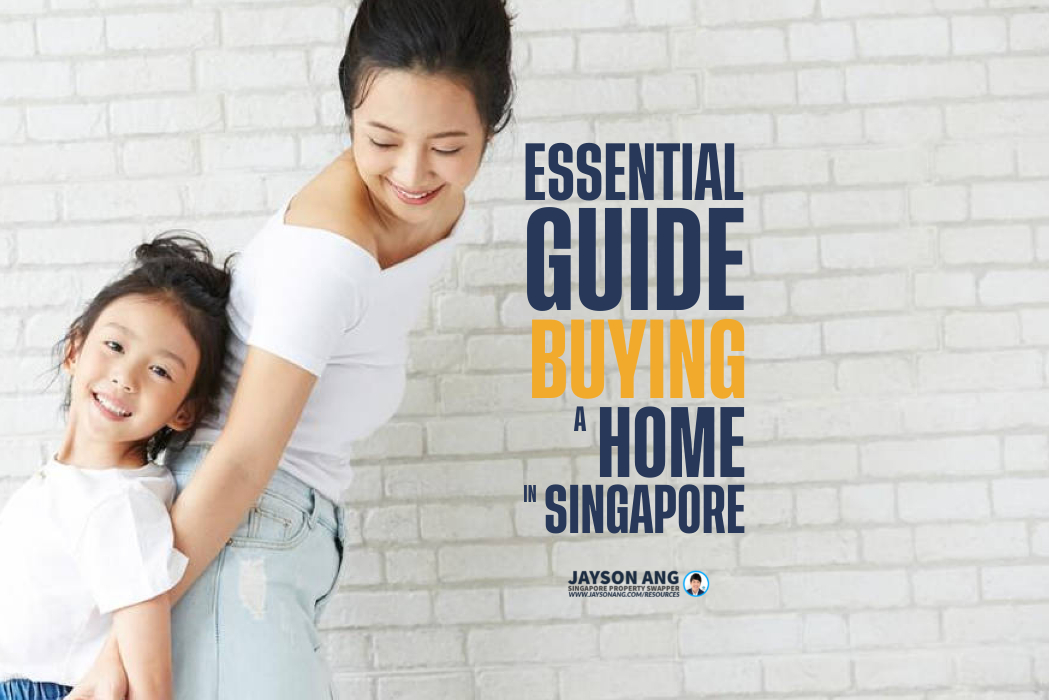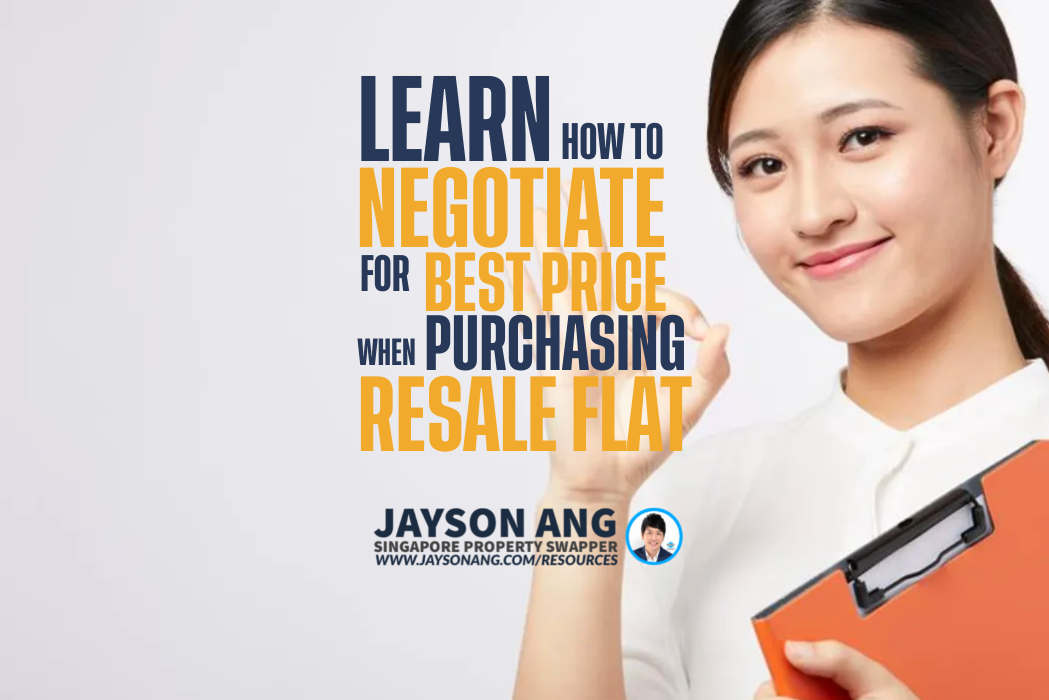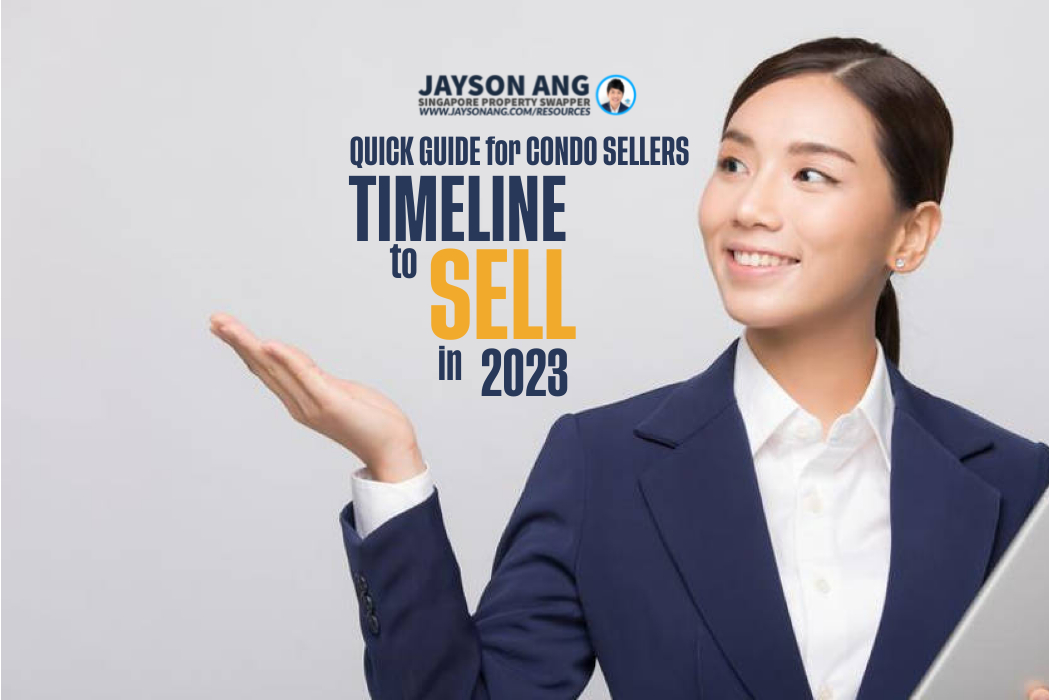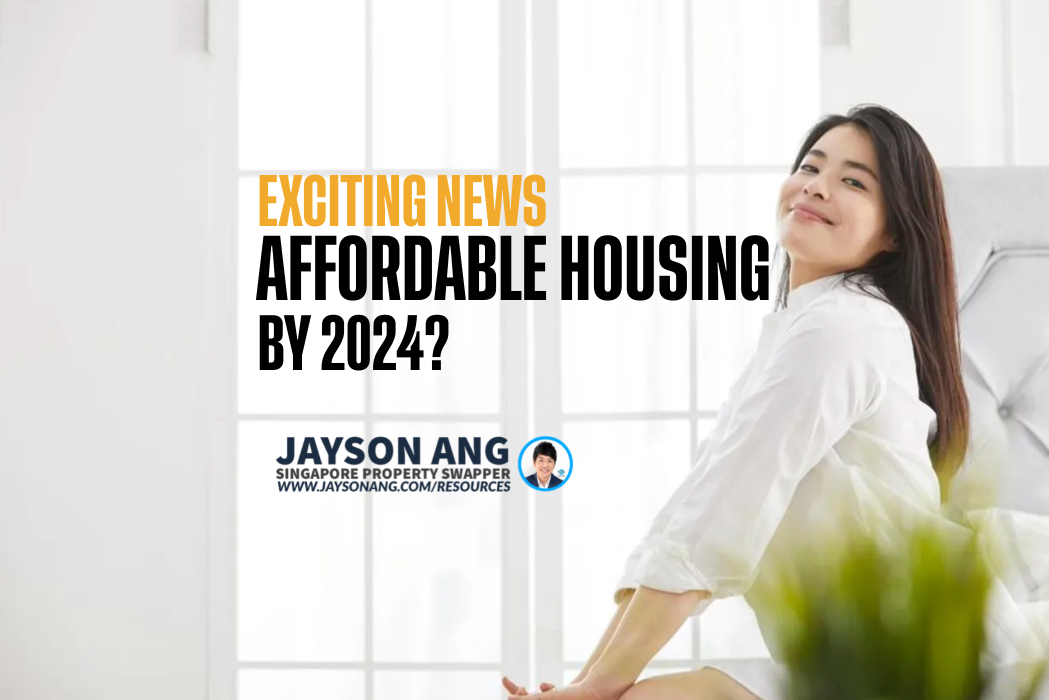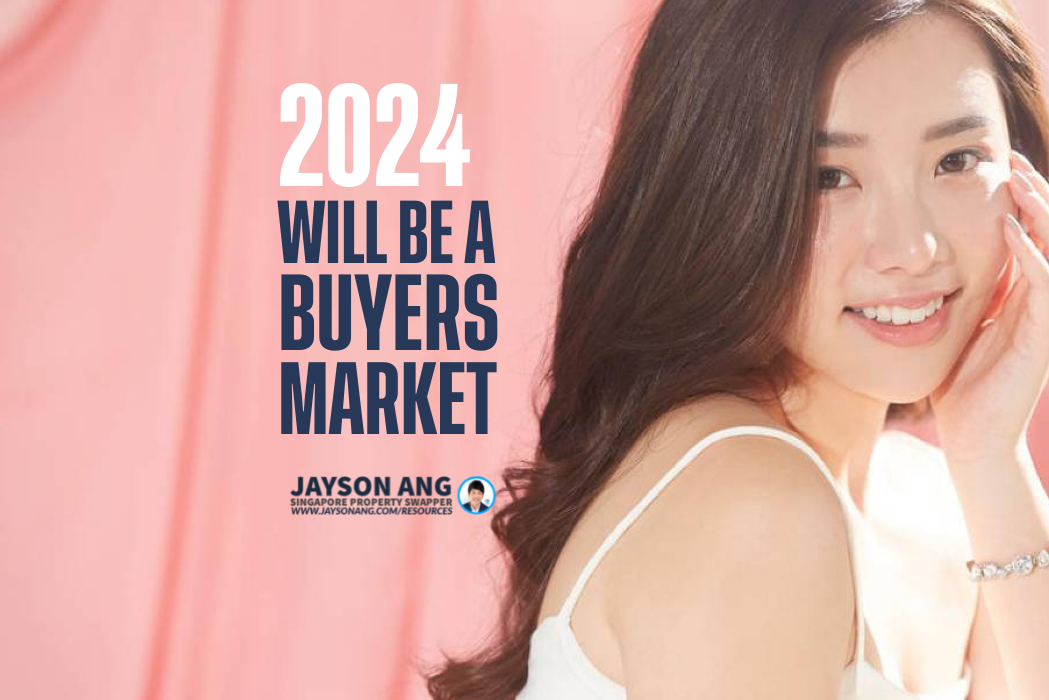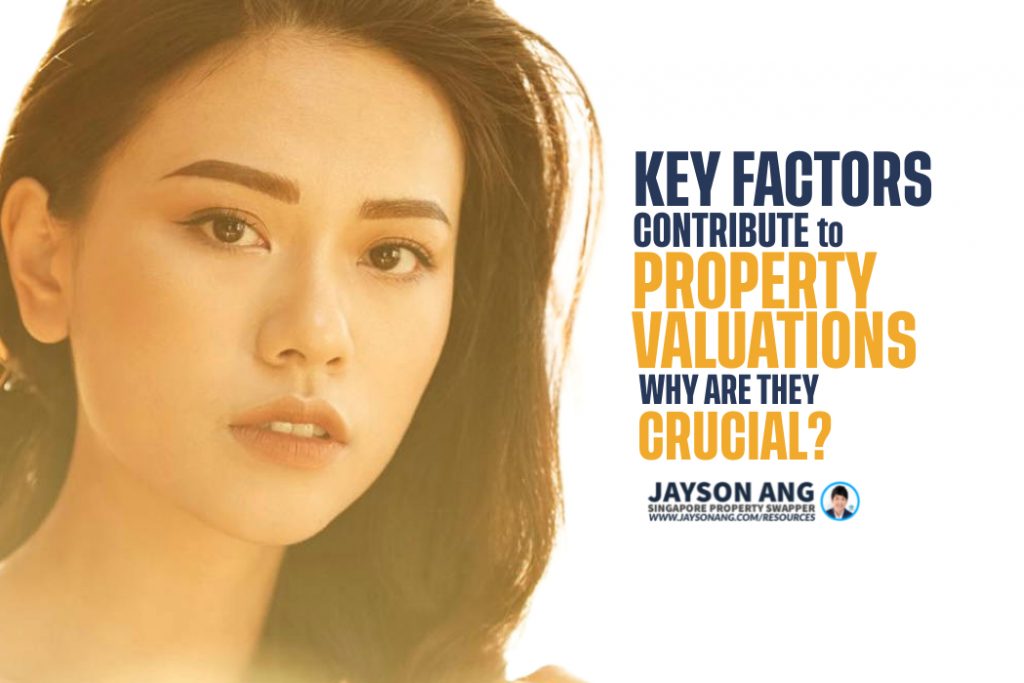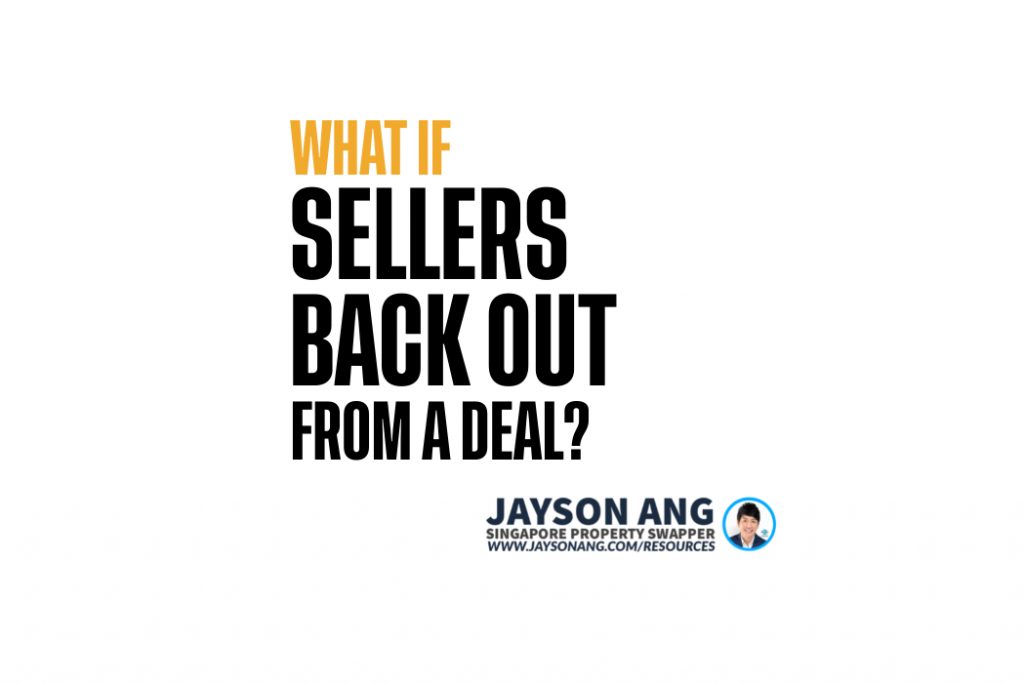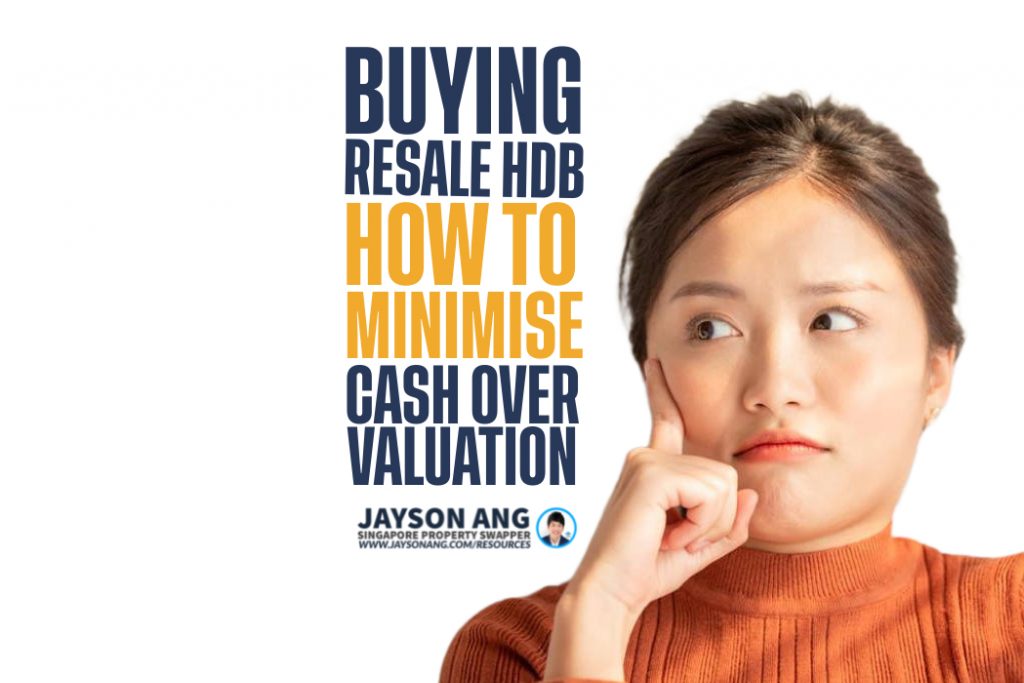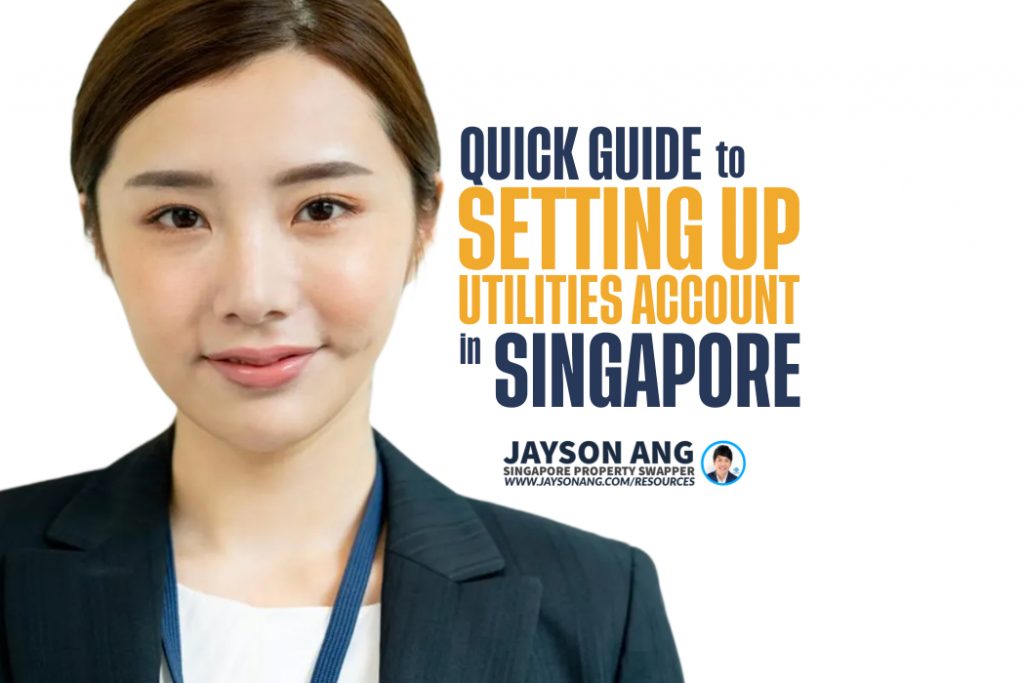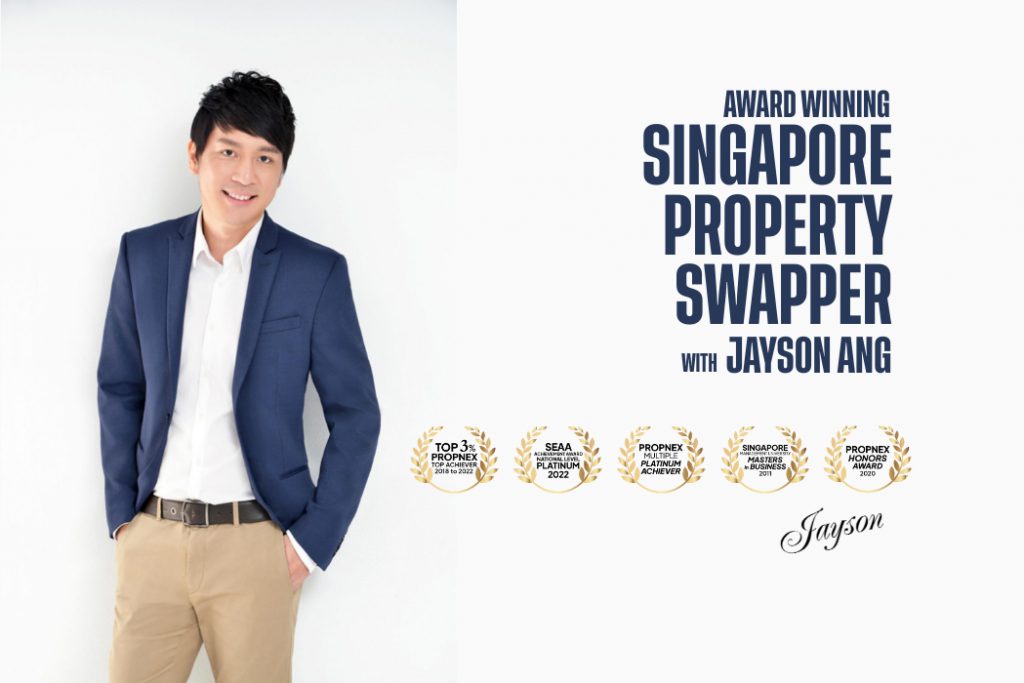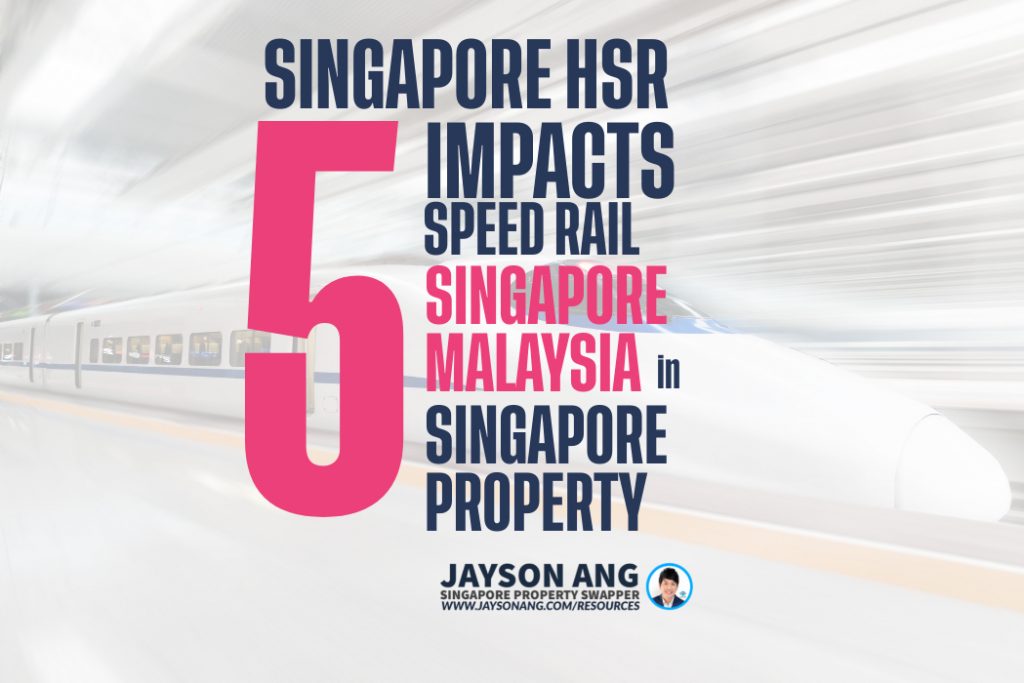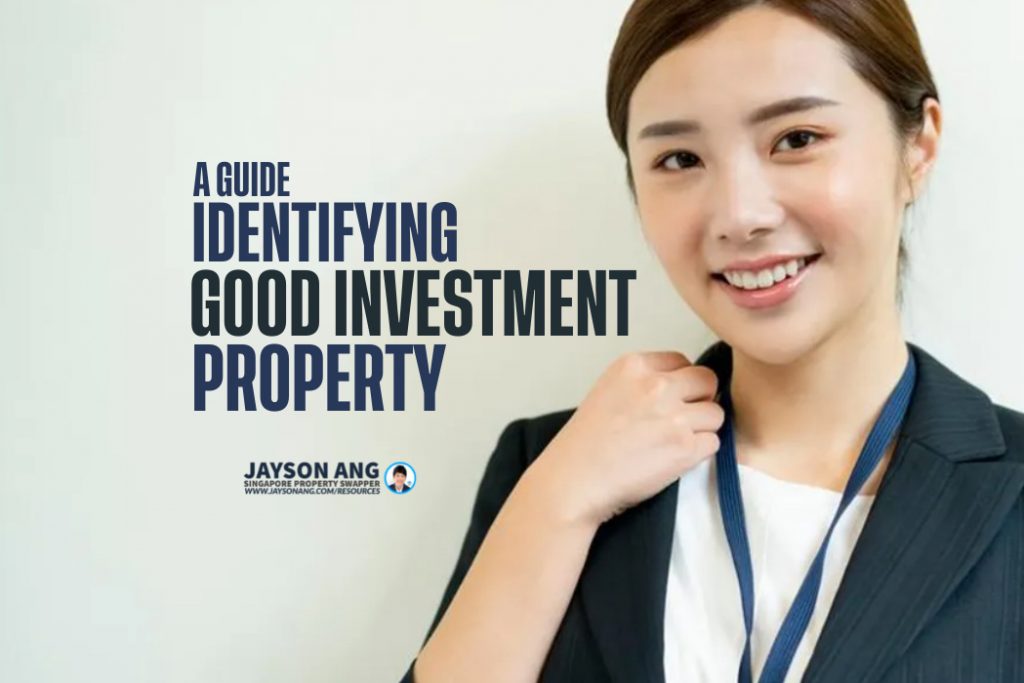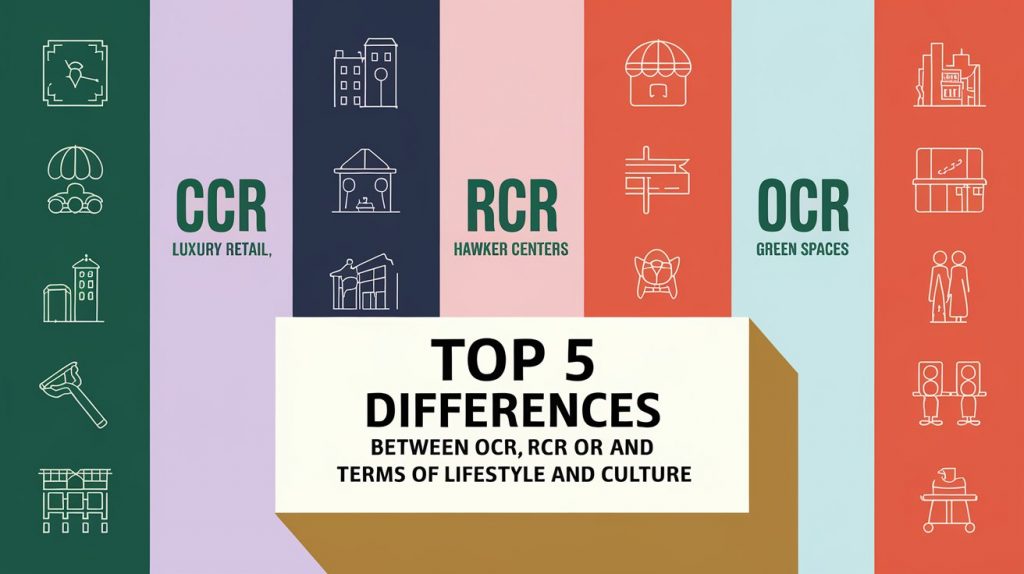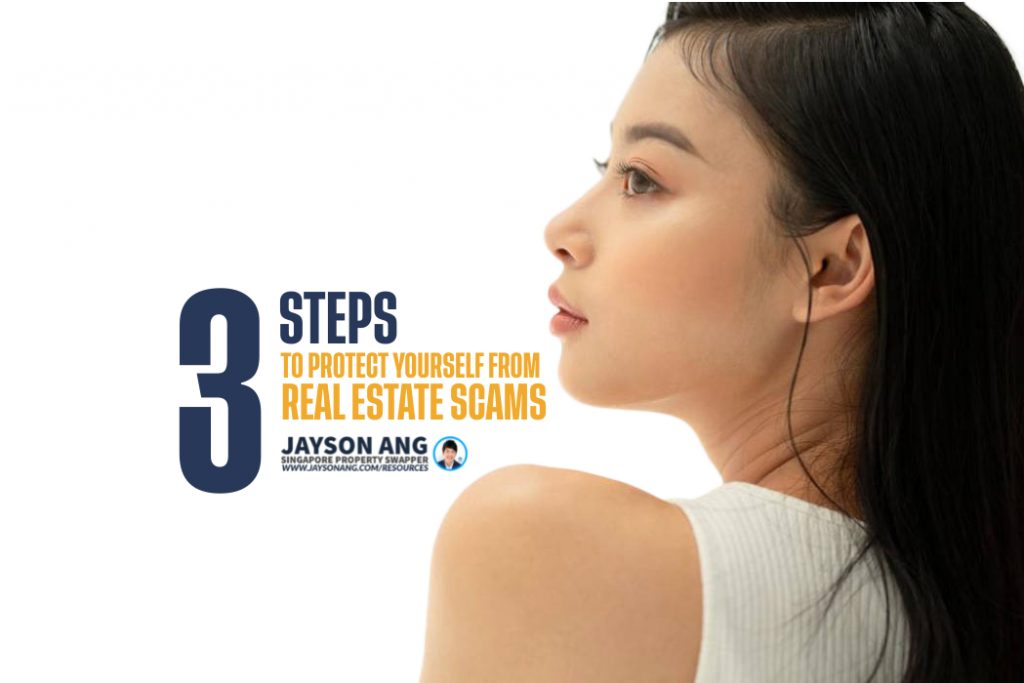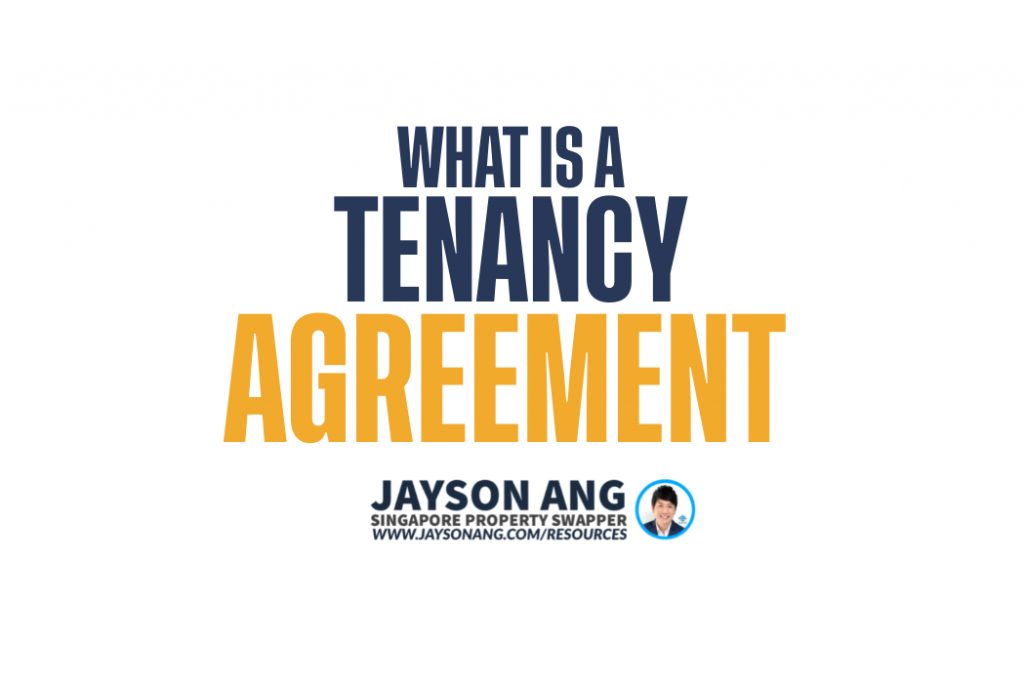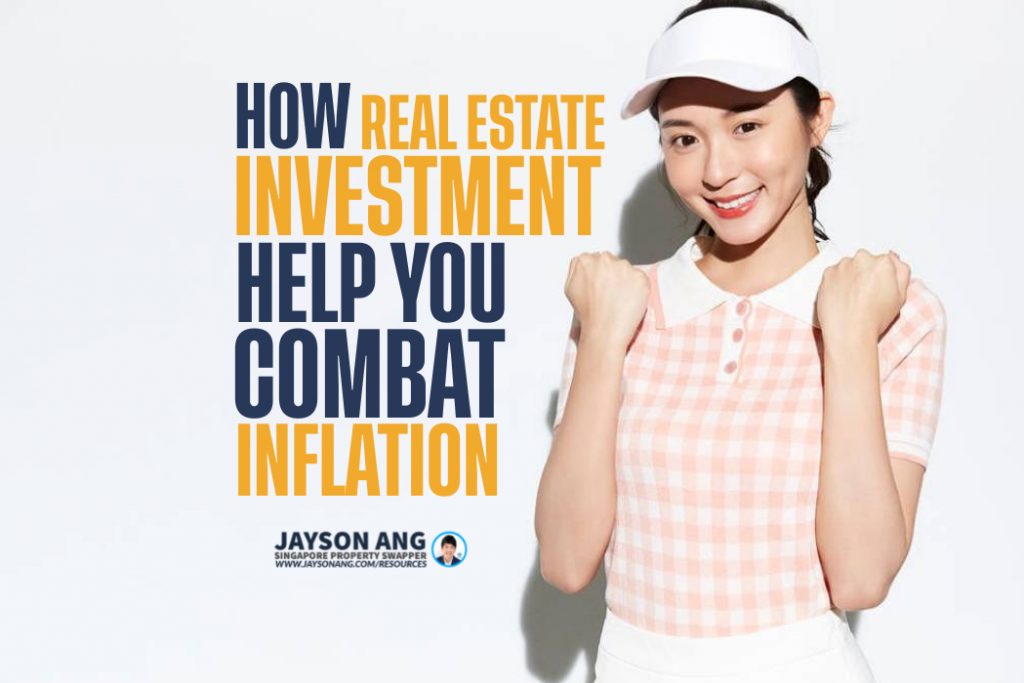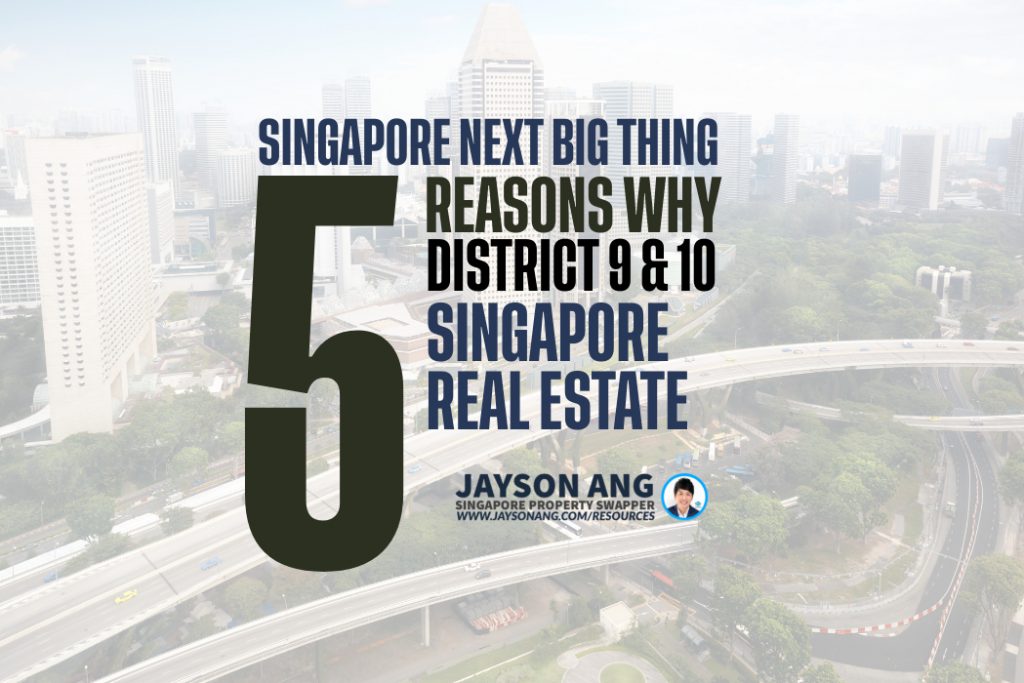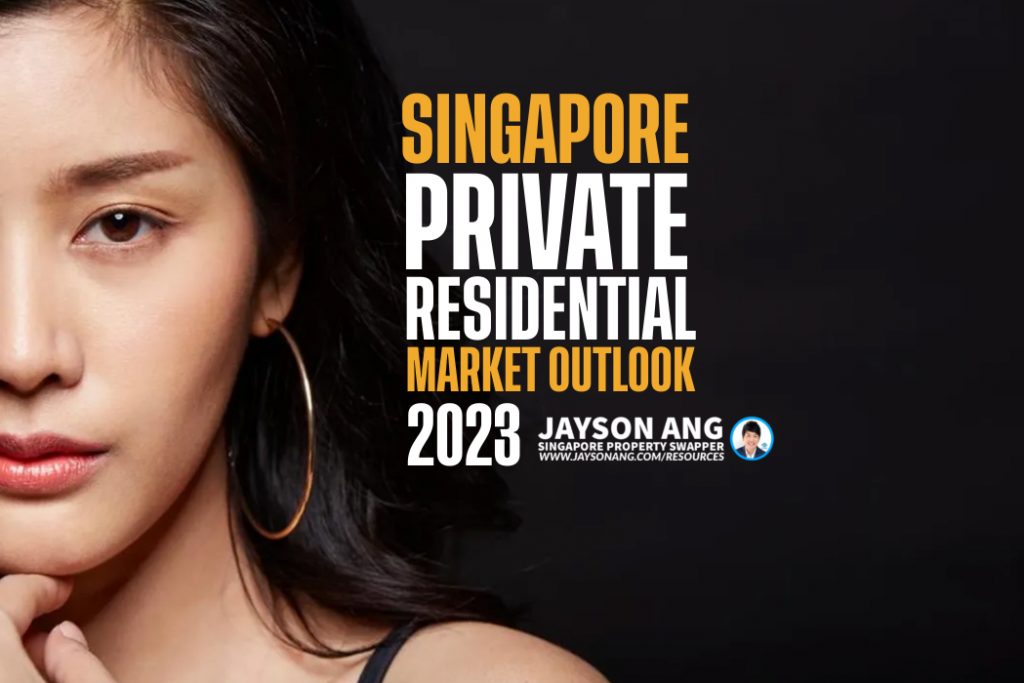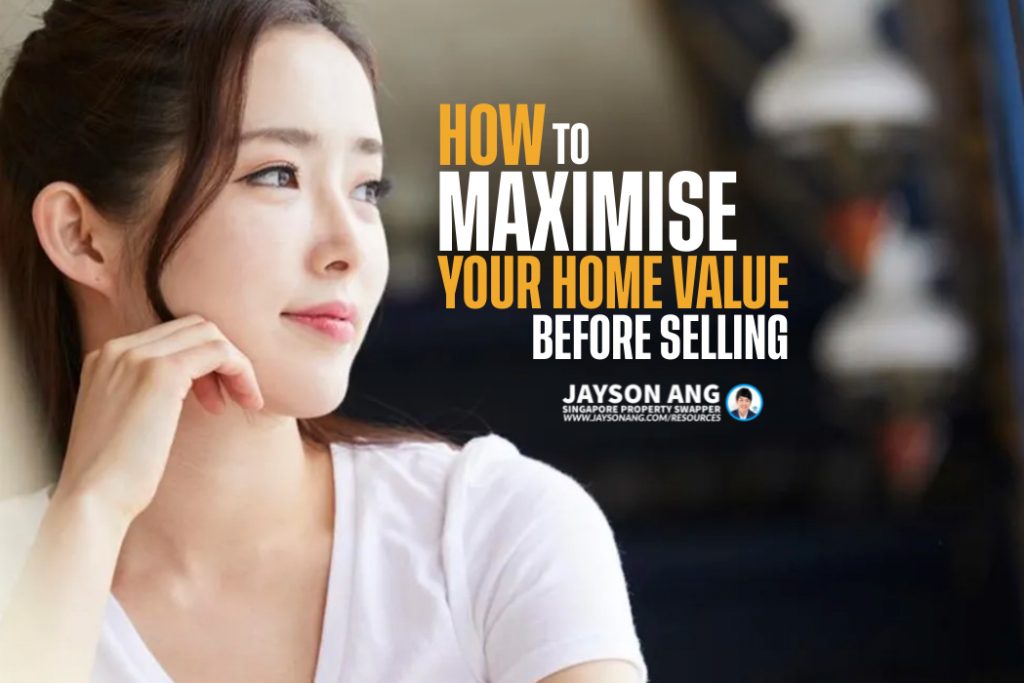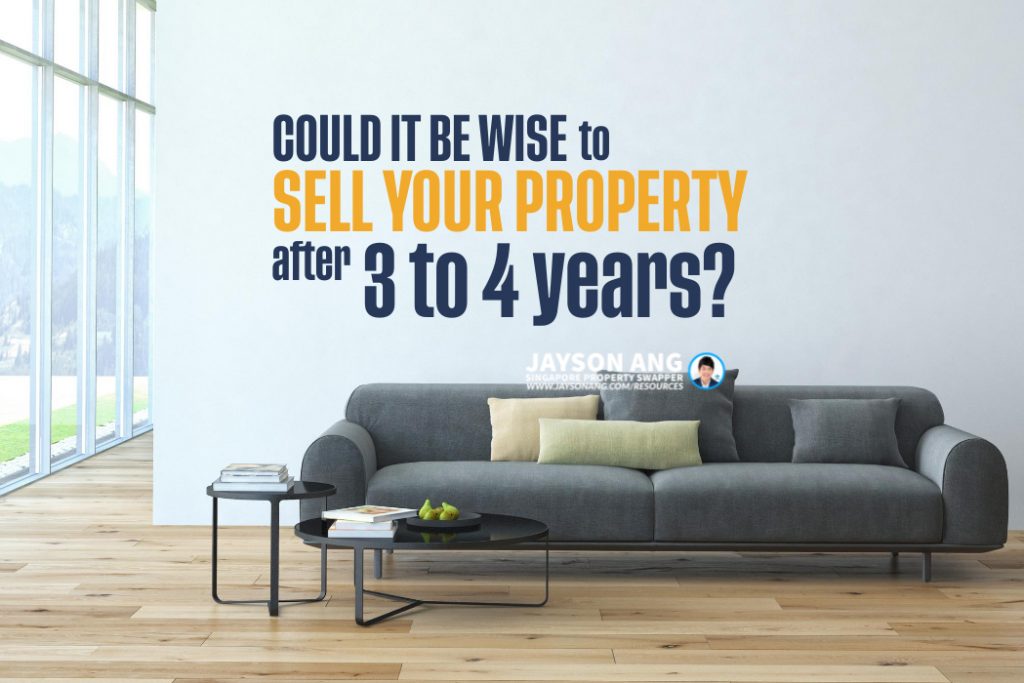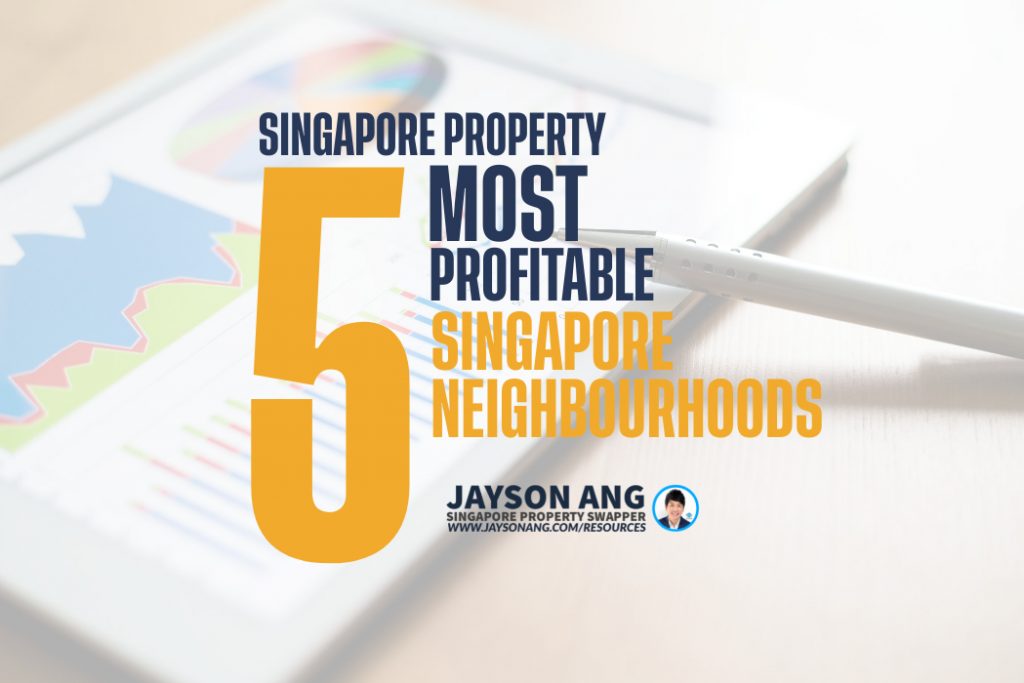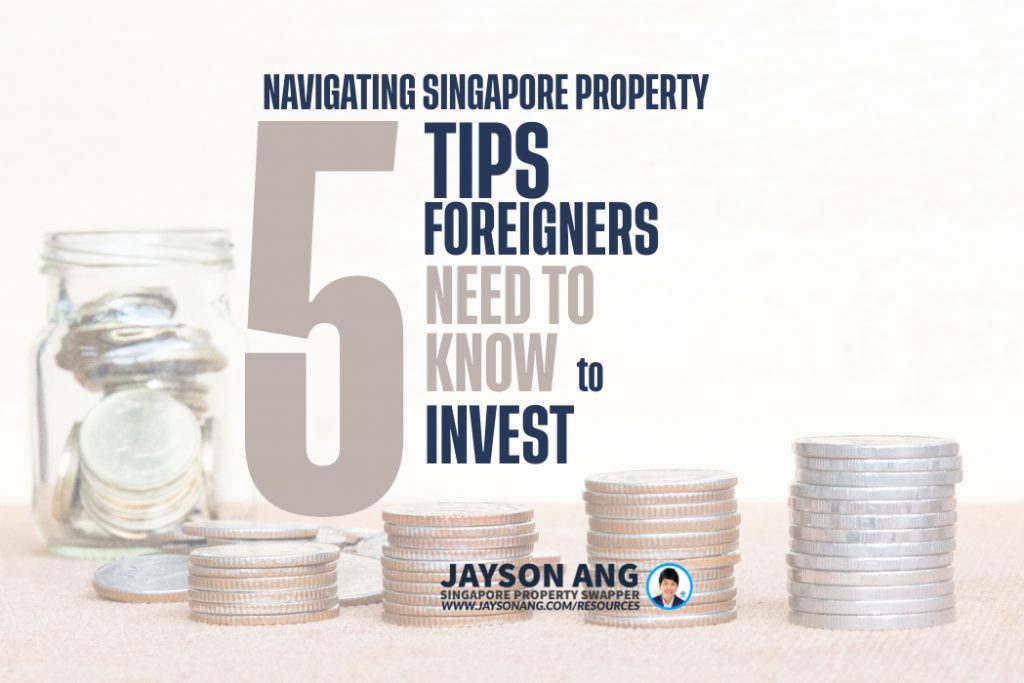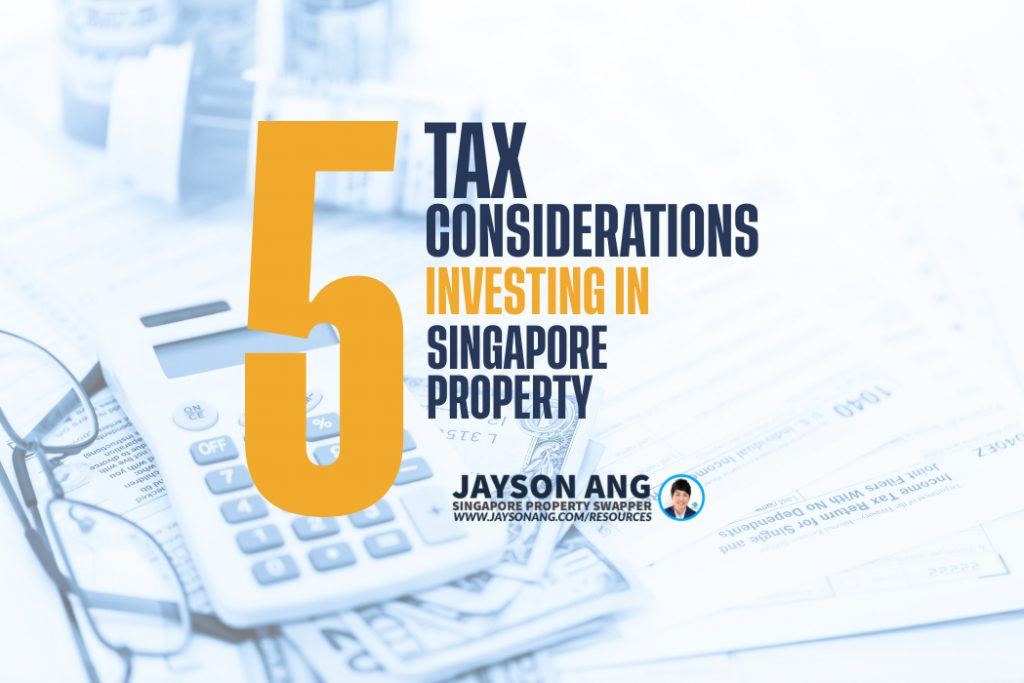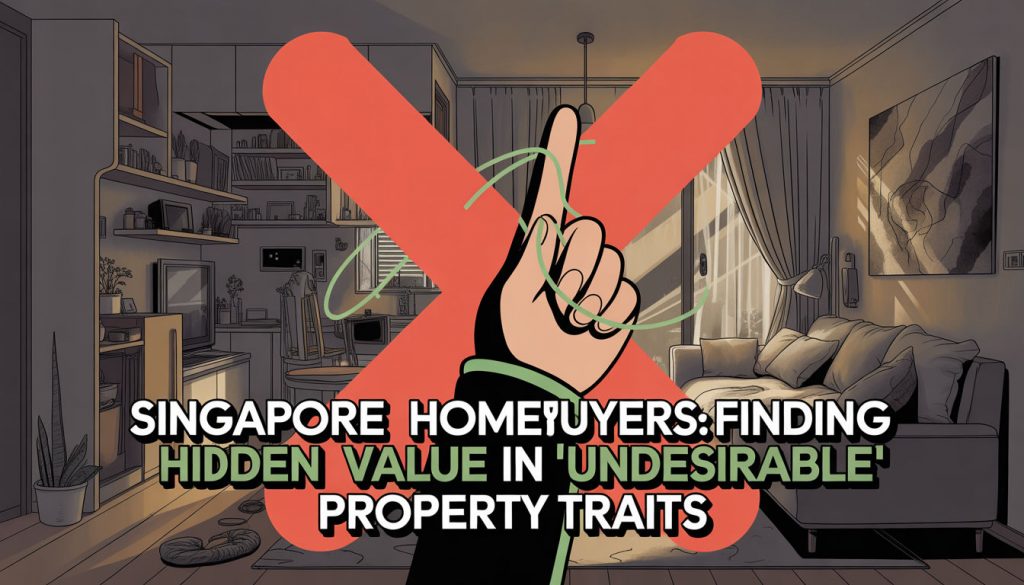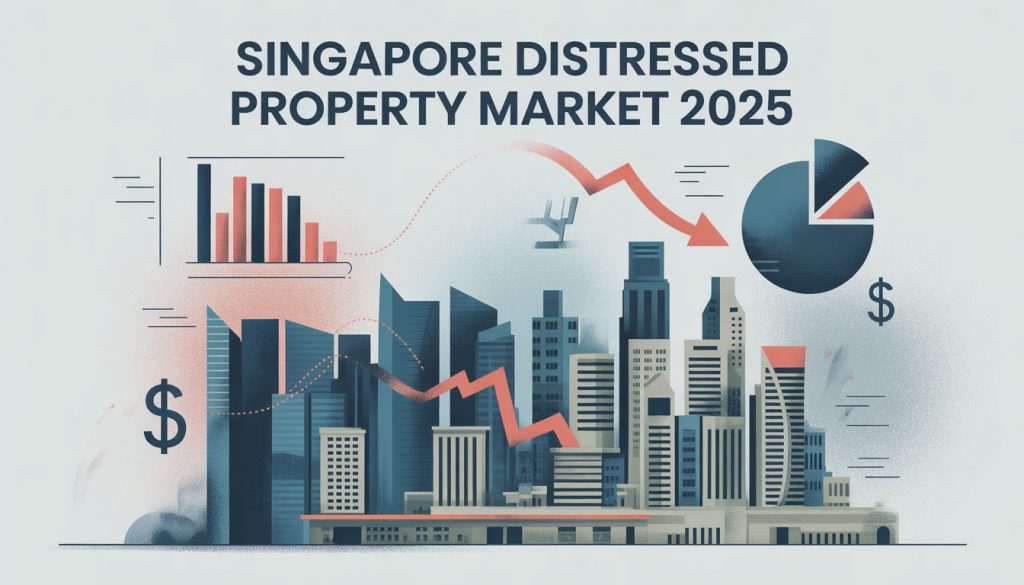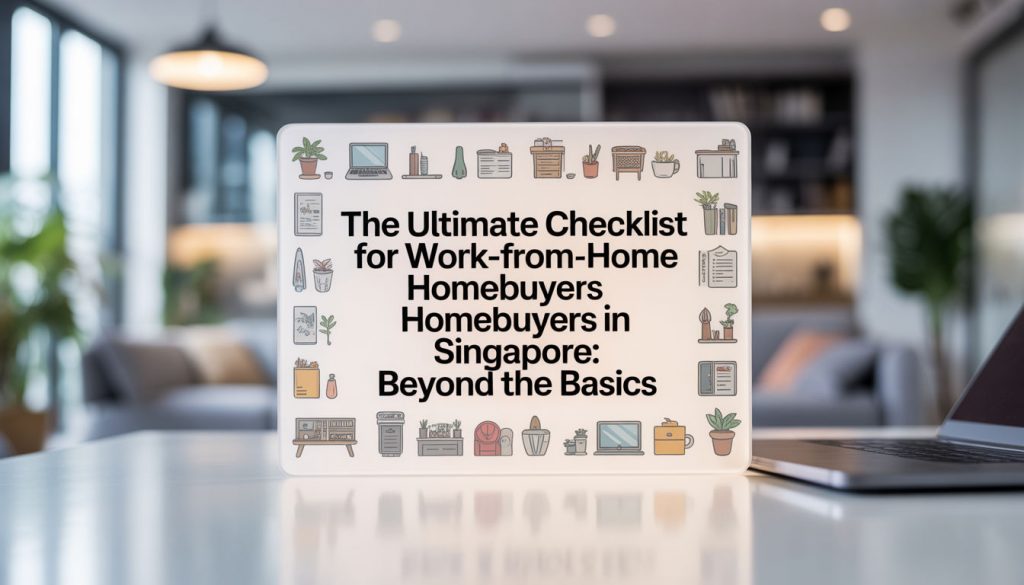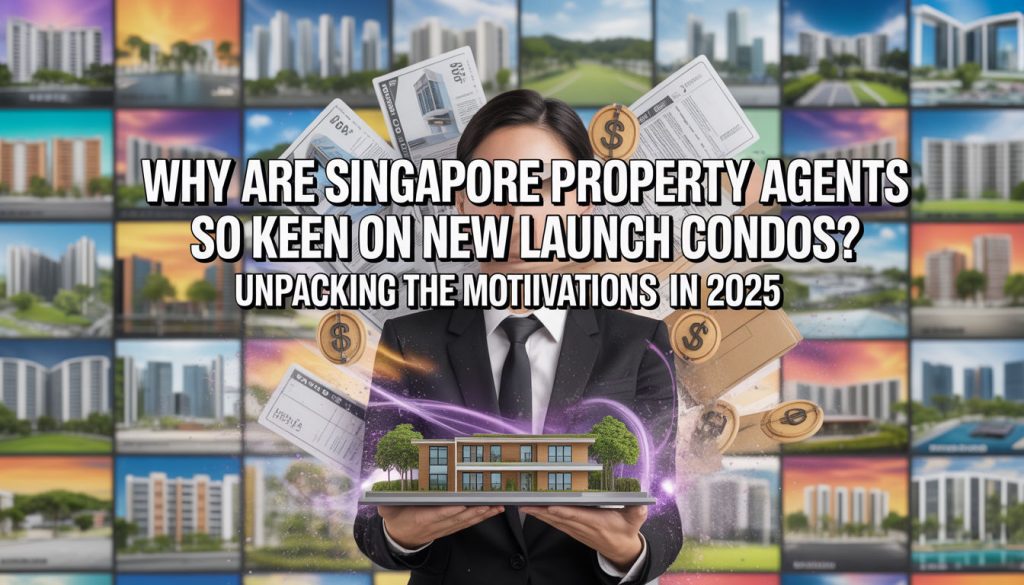TLDR
When navigating the complexities of purchasing a property in Singapore, ensure you meet eligibility criteria, consider affordability factors, and plan your finances carefully. Key considerations include property types available for purchase, age requirements for buyers, restrictions for foreigners, eligibility for HDB flats, financing options like HDB Concessionary Loans, and limitations on CPF savings usage. Additionally, be aware of regulations regarding owning multiple properties in Singapore and the necessary steps for transitioning between different types of housing. Conduct thorough financial analysis, consider family needs, and seek expert advice when exploring real estate opportunities in Singapore.
As you embark on your journey to purchase a house in Singapore, here is an essential guide to buying a home in Singapore 2023; comprehensive list of questions you might have – including the most recent property cooling measures announced by the Singapore Government on September 29, 2022.
Singapore may be renowned as one of the costliest cities on the planet, yet with generous government grants and regulation of the housing market, a staggering 90.4% of Singaporeans are able to own a home – making it one of the most accessible cities for homeowners.
What Type Of Properties Can A Singaporean Buy In Singapore?
There are 3 main types of properties in Singapore:
- HDB flats
- Private properties
- Executive Condominiums (ECs)
Singapore Citizens and Permanent Residents have the freedom to purchase not just HDB flats, but any private properties – from apartments and landed bungalows to ECs – but it’s important to take into consideration any restrictions that come with owning an HDB flat.
What Types Of Properties Can Foreigners Buy In Singapore?
Foreigners are allowed to buy private properties such as apartments and condominiums, but must receive government approval to acquire landed properties like bungalows.
Additionally, they may only purchase Executive Condominiums (ECs) that are ten years old or older; unfortunately, they are not able to purchase HDB flats in Singapore.
At What Age Can You Buy A House In Singapore?
If you’re aged 21 or over and looking to buy a resale HDB flat as part of a family unit, the nucleus can include:
- Spouse and children
- Parents and siblings
- Children under your legal custody (if widowed or divorced)
If you are single, unmarried or divorced and wanting to buy a resale HDB flat, the minimum legal age is 35. But if you are widowed or an orphan, you can purchase a property at 21 years of age. To purchase private property, you must be at least 21, although in certain circumstances a trust may be created if the property owner is younger.
Can Singles Buy HDB flats?
Singles can purchase HDB flats, but they must meet certain criteria depending on the scheme they are applying under; moreover, only Singaporean Citizens (not single Permanent Residents) who are at least 35 years old are eligible to buy HDB flats, whether resale or otherwise.
What Is An Essential Occupier for HDB?
HDB defines an essential occupier as “one who forms a family nucleus with the applicant to qualify for a flat”. An essential occupier is an integral part of the application process for BTO and Sale of Balance Flats, and must inhabit the residence for a minimum of 5 or 10 years (depending on the location).
If these requirements are not met, HDB may revoke the application and take back all deposits.
Note that only Singapore Citizens and Permanent Residents can be registered as essential occupants.
How Much Does It Cost To Buy A House In Singapore?
When purchasing a home in Singapore, many factors, such as the estate’s maturity, the proximity to amenities, the property type and age, and the unit’s condition, will determine the cost.
In 2018, the average price of a property in Singapore was US$874,372 (approximately S$1,183,025). Bear in mind, however, that other costs are associated with home ownership, such as legal fees and stamp duties, conservancy fees, home insurance, and more.
How much housing loan can I borrow to buy my home?
If you’re considering purchasing an HDB flat, you’re eligible to apply for an HDB Concessionary Loan. The Loan-To-Value (LTV) limit for this type of loan is up to 80% of the property value or selling price, whichever is lower; a measure recently put in place by the Singapore Government to ensure that those taking out a home loan do so responsibly.
The downpayment of 20% can be paid using cash, your CPF savings, or through a private bank loan. If you are buying an HDB flat, the Loan-To-Value (LTV) limit is 75%, while the remaining 25% must be composed of a minimum of 5% cash and the rest with cash and/or CPF savings.
What is HDB Concessionary Loan?
If you’re looking to buy a flat and want to benefit from HDB’s concessionary interest rate on housing loans, you’ll need to meet the eligibility criteria first. Furthermore, the amount of loan you can take out depends on factors such as the flat’s price and remaining lease, as well as your income, age, and existing financial commitments.
Can I use all my CPF savings to buy a HDB flat?
The amount of your CPF Ordinary Account (OA) savings you can access is restricted by the CPF housing restrictions – your Valuation Limit (VL) and Withdrawal Limit (WL).
If you want to purchase your HDB flat, you can use your OA savings to finance up to the Valuation Limit (VL), which is the lower of the purchase price or the valuation price. If you need to withdraw more than your OA savings, you should make sure you’ve met the Basic Retirement Sum requirement – this amount changes depending on when you turn 55.
The WL is 120% of the VL, the absolute maximum amount of OA savings you can use to finance your flat. Anything higher must be funded through cash. To assist in calculating when your CPF housing withdrawal limit is reached, you can utilize the CPF Housing Withdrawal Limits Calculator.
Can Private Property Owners Buy HDB flats?
For individuals who own private properties, whether it be at home or abroad, it is mandatory to dispose of them within fifteen months of purchasing a resale HDB flat. However, this rule does not apply to those who are senior citizens over the age of 55 and have downgraded to a 4-room flat or smaller.
Before applying for a BTO flat, private property owners should make sure they have disposed of their current private properties at least 30 months prior, thus allowing for a lengthy time period between residences – be sure to plan your finances and living arrangements accordingly.
Can I Own More Than One Property In Singapore?
As a Singapore Citizen or Permanent Resident, you have the freedom to own an unlimited amount of private properties.
If you dream of owning both a HDB flat and private property (local or overseas), you must first purchase a HDB flat and occupy it for a minimum of 5 or 10 years (depending on the prime location).
Do bear in mind that you cannot own more than one HDB flat; if you choose to invest in a second, you must dispose of the first within 6 months.
Final Thoughts
- Carry out an in-depth financial analysis to guarantee you are making wise decisions for the near future and can confidently stand behind your decisions.
- Also take your timeline and family wishes into account, plan ahead and provide your family with a sense of security so that you can proceed with peace of mind.
If you’re curious about the prospect of relocating to private property and would like expert advice, I’m just a message away!
You May Also Like …

